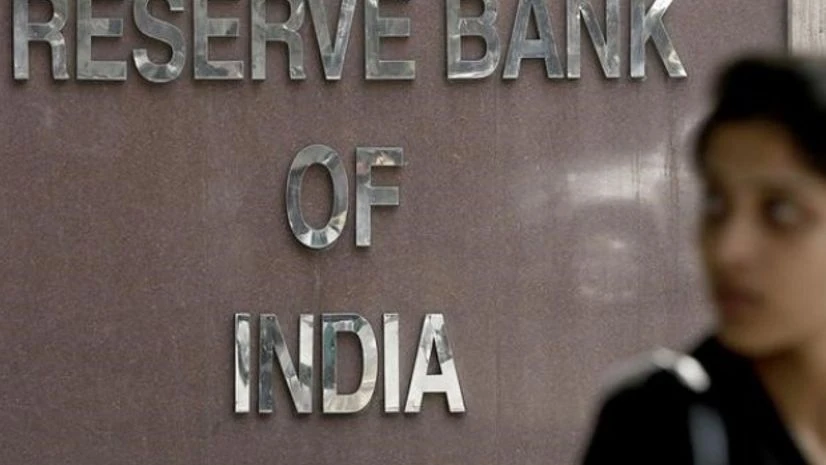Reserve Bank of India (RBI) Deputy Governor R Gandhi on Monday said the central bank would soon come up with a concept note on peer-to peer (P2P) or social lending and will take decisions on how to regulate the fast-growing lending marketplace.
P2P lending refers to an online form of lending by unrelated individuals for a variety of businesses, mainly to small entities. The space is unregulated but is considered the fastest-growing new form of lending.
P2P lending refers to an online form of lending by unrelated individuals for a variety of businesses, mainly to small entities. The space is unregulated but is considered the fastest-growing new form of lending.
Read more from our special coverage on "RBI"
The deputy governor said the RBI would hold discussions with the Securities and Exchange Board of India (Sebi) on regulating the space. Gandhi was speaking at a non-banking financial companies (NBFCs)’ summit by Assocham. Later, on the sidelines of the event, Gandhi elaborated that the discussion paper would examine whether to regulate the sector at all or not. “We will have to take feedback from all stakeholders. We will discuss about the pros and cons, whether we should be regulating or not regulating. Based on the feedback, we will take the final call,” Gandhi said, adding while Sebi had come up with a discussion paper exploring the securities side of the business, the RBI was yet to come up with its discussion paper from the lending and borrowing side. Gandhi said the NBFC sector cannot be equal to the banking sector and the central bank’s stance was to “harmonise, not equalise”.
Totally exempting small NBFCs from regulations “may not be feasible” from the customer service point of view, he said.
“The rule that we prescribe for a bank cannot exactly apply for NBFCs. Harmonising means to remove the arbitrage. Whatever needs to be done, that much we will do but beyond that we will recognise that this is a separate entity and banking is a separate entity,” Gandhi said on the sidelines.
It would be prudent to keep the deposit-taking activities limited to banks as at the time of maturity there could be asset liability mismatches for NBFCs. However, NBFCs were free to take up financing activities even as RBI was trying to reduce the number of categories NBFCs are branched up. But the central bank was also open to allow new kinds of NBFCs if the situation so required, Gandhi said.
The deputy governor said three foreign banks have applied to set up wholly owned subsidiaries in India. He, however, named only two — State Bank of Mauritius and DBS of Singapore.

)
